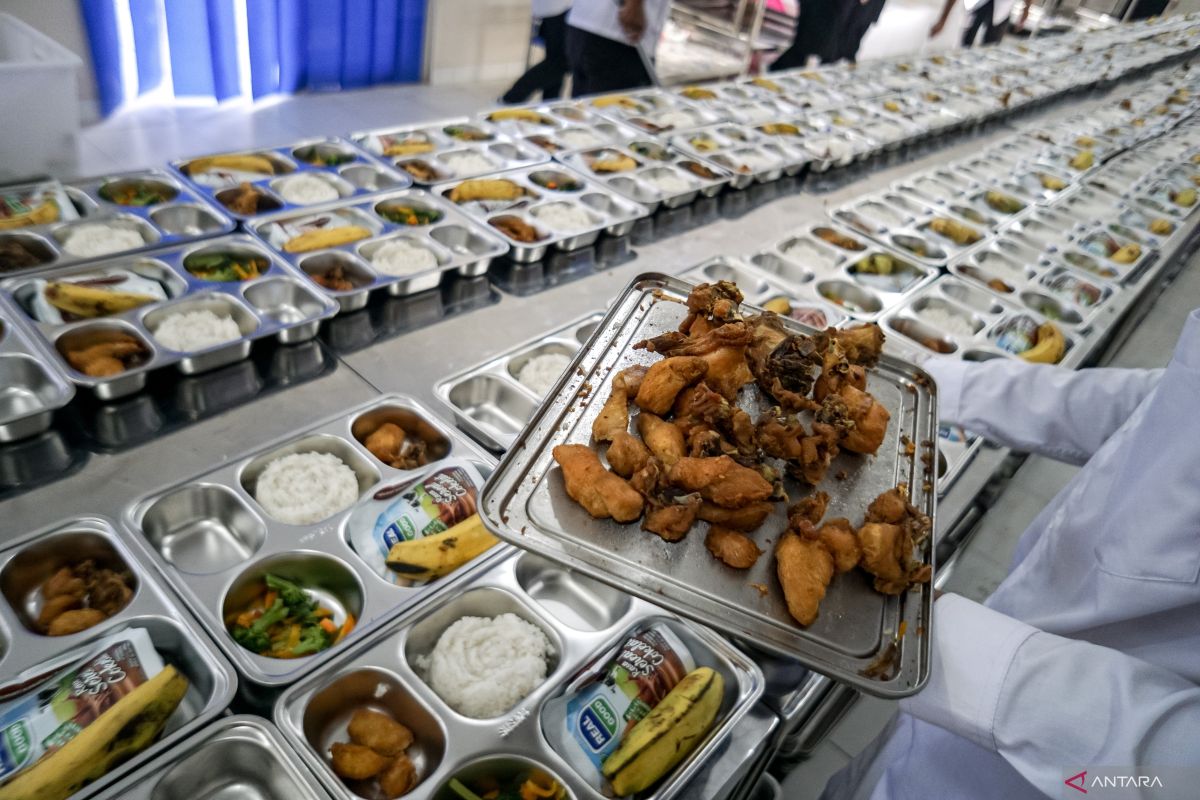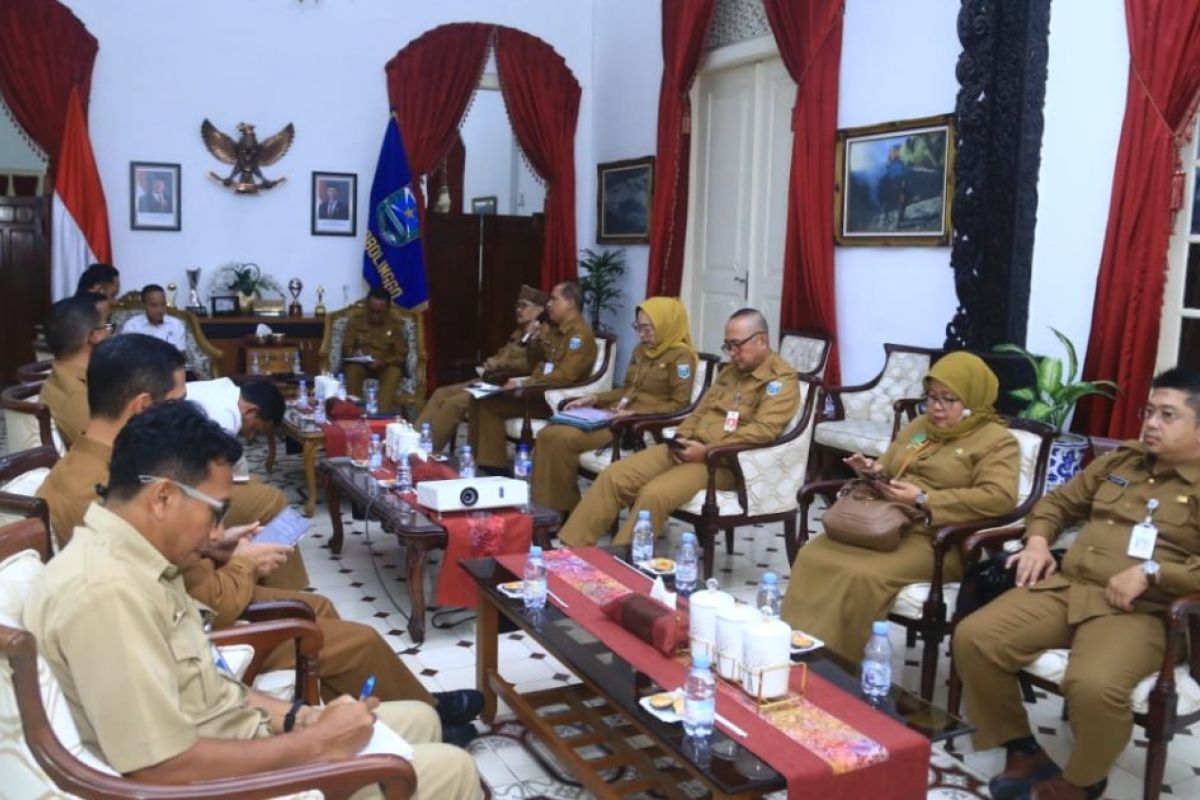Celios Highlights Risk of High Budget Leakage in Free Nutritious Meal Program
Celios said the potential for budget leakage stems from several factors, including inefficient program management and opportunities for corruption.

TEMPO.CO, Jakarta - The Center for Economics and Law Studies () has raised concerns about the potential for budget leakage up to trillions of rupiah in the (MBG) program if its management lacks transparency. This risk stems from several factors, including inefficient program management and opportunities for corruption.
Celios Director Bhima Yudhistira highlighted communication and transparency issues within the MBG management. He observed that the National Nutrition Agency (BGN) has not yet served as the sole authority for the MBG program, despite being responsible for guiding the program initiated by President Prabowo Subianto.
“All coordination should be centralized on a platform under the BGN,” he emphasized during a discussion with media representatives in the Cikini area, Central Jakarta, on Thursday, January 23, 2025.
Non-transparent management, compounded by logistical inefficiencies, could lead to significant financial losses. Given the substantial five-year budget of Rp71 trillion, Celios estimated a potential loss of up to Rp8.5 trillion. However, Bhima stopped short of detailing the specific calculation for this potential loss.
The MBG preparation process has also been criticized for falling short of expectations, particularly considering the huge government funding. Bhima pointed out that procurement of goods and services tends to be slow and inadequately supervised.
“Procurement processes are often lacking, with some even involving the use of personal funds by officials. That’s where the potential for budget leakage within the MBG program comes from,” he explained.
Furthermore, Bhima criticized the current centralized food distribution system through public kitchens, deeming it inefficient. The cost of transporting food from public kitchens to numerous schools is considered high.
Bhima proposed an alternative solution involving the participation of micro, small, and medium enterprises (MSMEs) and school canteens in the distribution of free nutritious meals. This approach is expected to reduce overall MBG spending. “Schools should distribute food directly instead of relying on centralized distribution through public kitchens,” the Celios Director suggested.
Editor's Choice:
to get the latest news updates from Tempo on Google News




















